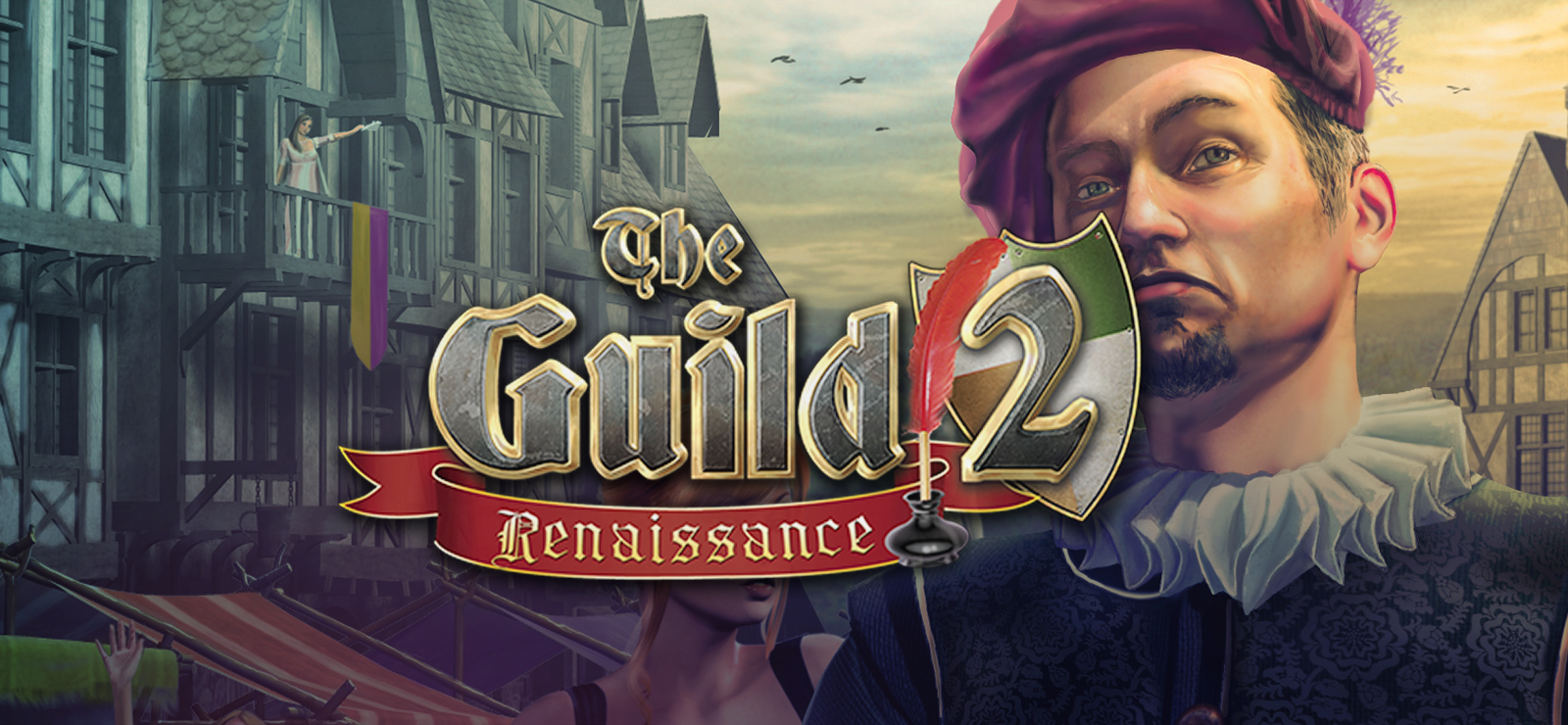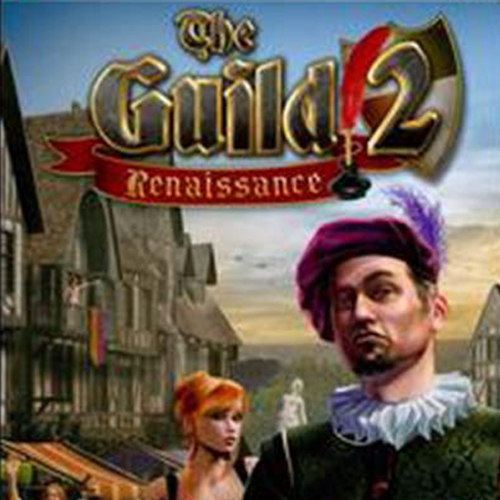
I have a really good ear, which obviously lends itself to what I do as a producer. Were passages like the harmony-guitars/bass-sans-drums ending in “Vengeance Striketh” and the intro to “For Whom We Have Lost” inspired by your classical background? James Hetfield was a big influence-from metal to thrash to wanting to create something a little bit more aggressive, which ended up becoming death metal. When I first started playing guitar, it was guys like Eddie Van Halen, Randy Rhoads, Yngwie, and, of course, I loved Slayer and Metallica. As I got older, in my teens, I really grew to appreciate classical music: guys like Andrés Segovia and John Williams. I was so young that I didn’t take to it right away. My dad played cello, my sister and grandmother played classical piano, and I played violin as a child. “Music also has helped me in my everyday life to become a healthier, more positive person by expressing all this negativity in my music.” I was inspired by a lot of classical music. I’ve expanded that a bit, with more dynamics. When I started Hate Eternal, I had this somewhat narrow-minded vision of creating this really extreme and aggressive sound. Has anything changed in your approach to writing for the band? Upon Desolate Sands is Hate Eternal’s seventh album. Amidst the chaotic backdrop of Cannibal Corpse’s soundcheck, Rutan discussed making Upon Desolate Sands, his classic metal influences, and his ability to shred with action so ridiculously high that it’s been dubbed “Mount Everest.” Premier Guitar caught up with Rutan just hours before Hate Eternal hit the stage for a death metal mega-concert also featuring Cannibal Corpse and Harm’s Way.

In addition to the expected heaviness, Upon Desolate Sands features reflective pieces like “For Whom We Have Lost,” the instrumental that closes the album, which was written about two members of Rutan’s family who recently died. Several songs are played way down from Rutan’s usual C# tuning (C#–F#–B–E–G#–C#) to drop G# (on 7-string), adding to the massive sound. The album features dynamics and classically inspired melodicism not often found in the death metal genre. Hate Eternal’s latest, Upon Desolate Sands, is a perfect example of Rutan at his peak, as both producer and performer. As a producer, Rutan is known for his indefatigable work ethic and his willingness to push musicians past their breaking points, if necessary, to get the desired result. The site also houses Granville Guitars, a guitar and amp repair facility. The majority of the albums were done in Rutan’s Mana Recording Studios, which he opened in 1999 in St. Since then he’s become the producer of choice in the death metal world, shepherding three more Cannibal Corpse albums in addition to working on tons of recordings by genre leaders like Agnostic Front and Nile.

Rutan, who studied production at N.Y.C.’s Institute of Audio Research, also made a huge splash in the production world after his work on Cannibal Corpse’s iconic 2006 album, Kill. Along the way he’s managed to play on three more Morbid Angel albums. Shortly after that, Rutan formed Hate Eternal in 1997, handling guitar and vocals for the band. He moved to the Sunshine State to record and tour with Morbid Angel, and that move shifted his career into extreme overdrive. While the loss of his fried chicken emporium T-shirts might be a small regret, the trade-off proved to be enormous. If I only had one of those Chicken Magician shirts.” “He’d be like, ‘Where’s your hat and shirt? You’re not representing the company.’ I’d say, ‘Oh, it’s laundry day.’ He’d be like, ‘Don’t worry, I got two more for you.’ So, at some point, I had a ton of them, but when I moved to Florida, I got rid of them. Of course, I came to work and I never wore it, I never wore the hat, I didn’t want anything to do with it,” Rutan recalls.

“The funniest thing about it is that I had, like, 50 Chicken Magician T-shirts at one point, because the owner insisted that I always wear one. Given that the guitarist/vocalist/producer hails from the town of Red Bank, less than an hour from the venue, it’s not surprising that he got a little nostalgic. He’s in the green room of the White Eagle Hall in Jersey City, New Jersey, as he reminisces about that catchy slogan from his last day job.

“Stay out of the kitchen call Chicken Magician,” chimes Hate Eternal’s Erik Rutan.


 0 kommentar(er)
0 kommentar(er)
